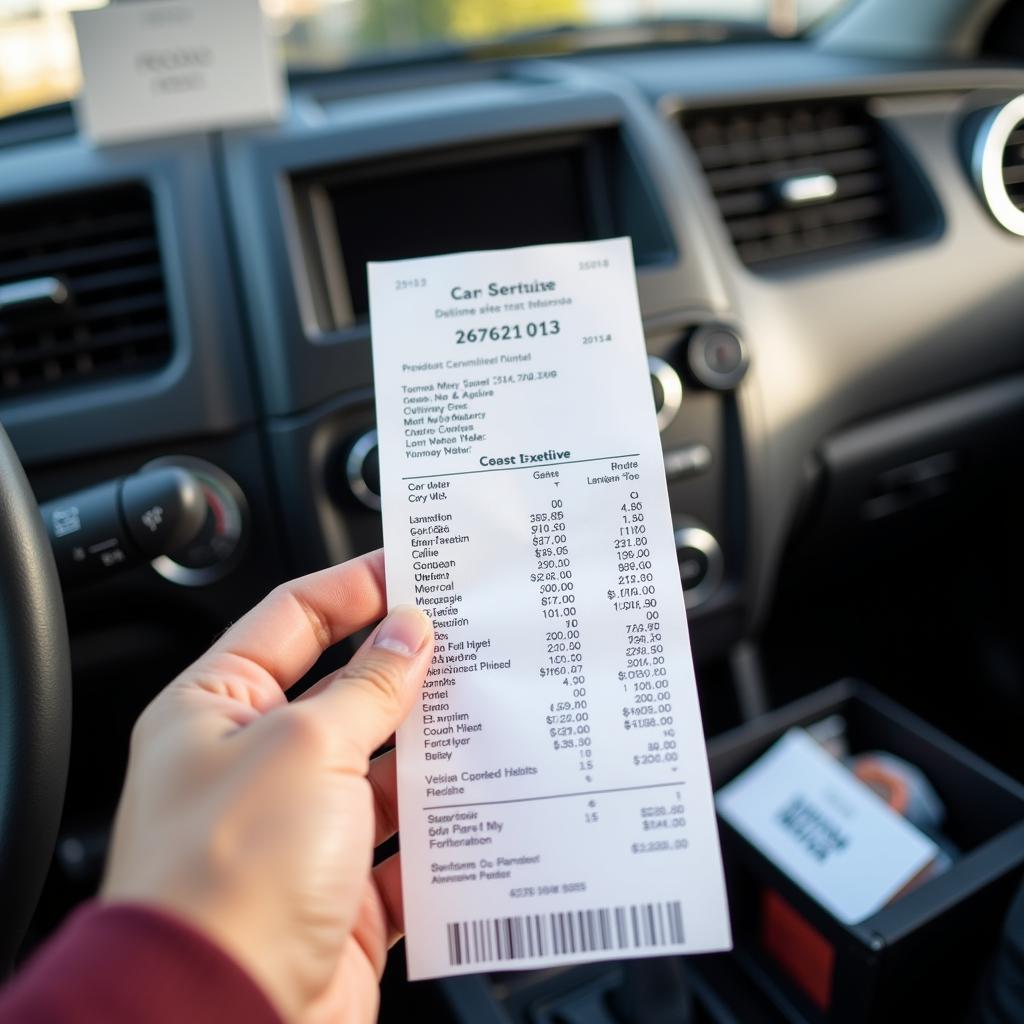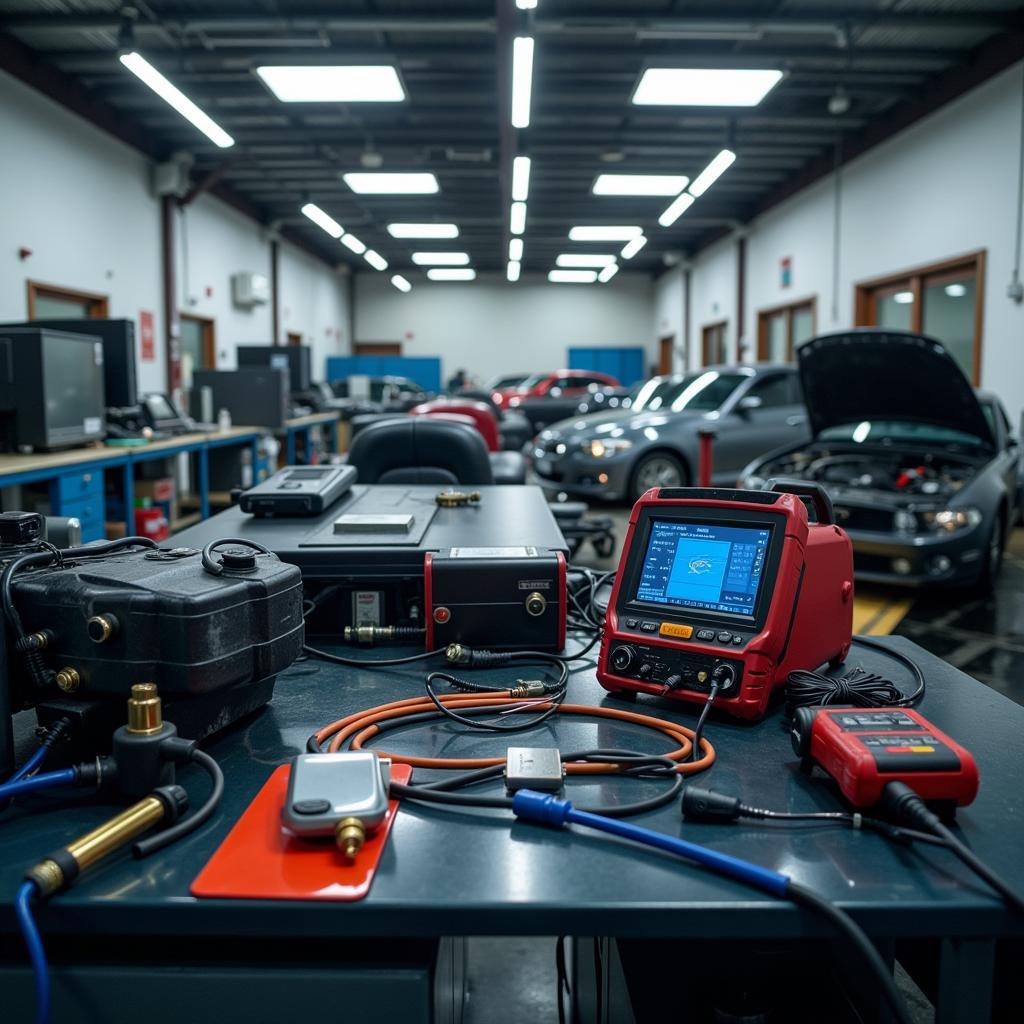Are Gas and Tolls Tax Deductible for Car Services?
If you’re running a car service business, you know that every deduction counts when it comes to tax season. But figuring out which expenses are eligible can be tricky. Are Gas And Tolls Tax Deductible For Car Services? Let’s break it down and explore the ins and outs of deducting these common business expenses.
Understanding Tax Deductions for Car Services
Before diving into specifics about gas and tolls, it’s crucial to understand the fundamental principles of tax deductions for businesses. The IRS allows companies to deduct ordinary and necessary expenses directly related to their operations.
Ordinary expenses are those considered common and accepted in your industry.
Necessary expenses are deemed helpful and appropriate for your business.
The key is to maintain detailed records, including receipts and invoices, to substantiate your deductions in case of an audit.
Deciphering Deductible Gas Expenses for Car Services
Here’s the good news: you can generally deduct gas expenses for your car service business. However, there’s a catch. The IRS offers two methods for calculating vehicle expenses:
-
Actual Expense Method: This method involves tracking all your actual vehicle-related expenses, including gas, repairs, maintenance, insurance, and depreciation. It’s generally more advantageous for vehicles with high mileage and operating costs.
-
Standard Mileage Rate: This method allows you to deduct a fixed rate per mile driven for business purposes. The IRS sets this rate annually, and it simplifies record-keeping as you don’t need to track every expense meticulously.
 Car service owner holding gas station receipt
Car service owner holding gas station receipt
When using either method, it’s essential to distinguish between business and personal use. Only the portion of gas used for business purposes is deductible. Maintain a mileage log to track business miles accurately.
Navigating Toll Deductions for Car Services
Tolls, like gas, can also be deductible business expenses for car services. However, the same principle of separating business from personal use applies. If you incur tolls while driving for business purposes, such as transporting clients, you can deduct them.
Here’s how to handle toll deductions:
- Maintain Records: Keep all toll receipts or statements from electronic toll collection systems.
- Allocate Expenses: If you use the same vehicle for business and personal use, allocate toll expenses based on the percentage of business miles driven.
Maximizing Your Deductions: Tips and Best Practices
- Meticulous Record-Keeping: Maintain a detailed mileage log, noting the date, purpose of the trip, starting and ending mileage, and total business miles driven.
- Separate Bank Accounts and Credit Cards: Consider using dedicated business bank accounts and credit cards to separate business and personal expenses, making tracking and documentation much easier.
- Consult a Tax Professional: Tax laws can be complex and subject to change. Consulting a qualified tax professional can provide personalized guidance and ensure you’re maximizing your deductions while remaining compliant.
Conclusion
Understanding which expenses are tax deductible is essential for car service businesses. You can generally deduct gas and tolls used for business purposes by meticulously tracking expenses and distinguishing between business and personal use.
Remember, this information is for general guidance only. Consulting a tax professional is always recommended to discuss your specific situation and ensure you’re following the most up-to-date tax regulations.

